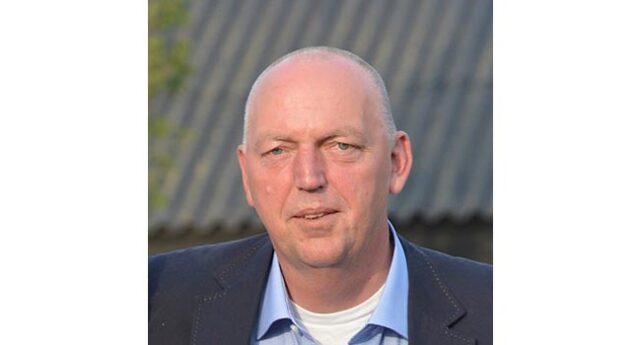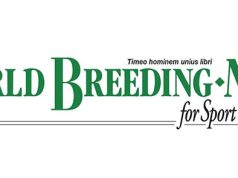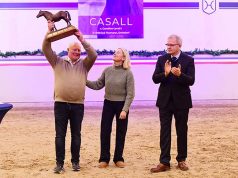By Adriana van Tilburg
Photography:
Kees van den Oetelaar is a renowned stallion owner and dealer known for his contributions to improving breeding lines. He raises concerns about various issues in breeding, such as decreasing genetic diversity and the preparation of stallions for approvals.
Kees van den Oetelaar is a prominent Dutch stallion owner, horse trader, and breeder from Schijndel in the Netherlands. He is the owner of Stoeterij, Sport- en Handelsstal Kees van den Oetelaar, where he focuses on breeding, sport, and trading in both showjumping and dressage horses. Additionally, he is the director and owner of the Anglo European Studbook (AES). Van den Oetelaar has a keen eye for talent and has discovered stallions such as Concorde, Lord Z, Verdi TN, and Eldorado van de Zeshoek TN.
We spoke with him to delve deeper into his long-held philosophies which are both extremely timely and relevant.
Q What changes are necessary to ensure the future of breeding and sport?
Over the past year, I have followed almost all stallion approvals, from France to Holstein, Westfalia, Oldenburg, and Munich. For me, it is essential not only to look at conformation but also, and more importantly, at a horse’s natural ability. Unfortunately, I see less and less of that in the German stallion approvals. The way stallions are presented suppresses their natural talent.
The committees include outstanding experts, such as Toni Hassmann, Lars Nieberg, Eric van der Vleuten, Wout Jan van der Schans, and Maurice van Roosbroeck – people with a passion for showjumping horses who genuinely want to contribute to breeding. But what if even they are being misled? Unfortunately, that is happening.
At KWPN, I found it relatively acceptable this year, but at other approvals I felt that 80% of the stallions should have been sent home. Why? Because they are pushed and manipulated to such an extent that it is impossible to assess how they truly jump. And jumping is just one aspect of breeding. What really matters is how does a stallion react to the first rail? How does he canter? How does he change leads? How does he move through the arena? How curious is he?
Nowadays, approvals resemble jumping competitions, which undermines the entire process. At some studbooks, you already know in advance that you’re going in with the proverbial handbrake on because it’s all a staged performance. Horses rush in, almost flipping over, yet the judges cannot disqualify them, otherwise they would have to eliminate 80% of the entries. That’s absurd. I have been advocating for years that they should do exactly that. This has nothing to do with equine welfare. If animal welfare organizations were to scrutinize this, we could forget about stallion approvals altogether.
I see the same problem in dressage. A breeder sells a foal at home for €6,000 to €10,000. At an auction, that same foal is suddenly glorified and sold for €100,000. Breeders then rush en masse to the sire of that foal. A few years later, that stallion appears at an approval and is sold for €2 million. But who actually buys a stallion for that amount? This whole system is inflated, and the breeder gains nothing from it.
And then there’s lunging – for me, it should be banned immediately. If you cannot assess a horse in freedom, you should not be on the jury. Only a few people can lunge correctly, just as few judges can properly evaluate what they see. So why stage such a spectacle? This is pure child labor because these horses are trained for months at home. That must stop. Approvals should be about breeding, but now everything revolves around sales. And those are two completely different things.
Q To what extent do you think there is still room for following intuition in breeding given the increasing specialization? And how does this affect the suitability of horses for a broader audience?
Of course, I keep a close eye on everything. In the beginning I listened a lot to others, but I don’t do that anymore. I buy a horse that I personally like. Following your own intuition is the most important thing, even though some feelings are hard to explain. I believe that a rider like John Whitaker also wouldn’t be able to explain exactly how to ride a horse. Then you have people who may not be the best riders themselves but are excellent at explaining it. Breeding works in the same way.
Take the Wolters family from Groningen as an example. They always have good horses, yet you never see them at competitions or approvals. When they are honored as the best breeders in the Netherlands, they almost hide under the grandstand. They breed with seven or eight mares and have gold in their stables. That is pure intuition, and you cannot learn that...
CLICK HERE TO READ THE COMPLETE ARTICLE IN THE ONLINE EDITION OF BREEDING NEWS



